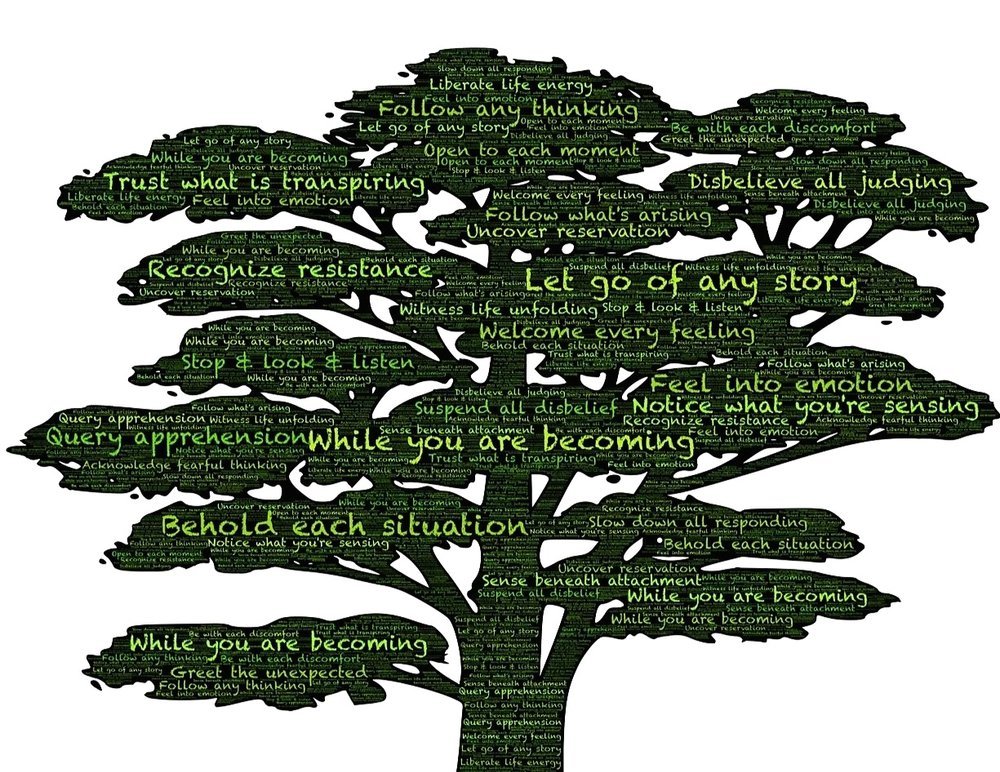FIXED vs GROWTH Mindset
WORDS BY KATIE STEDMAN.
What are the two different mindsets, which mindset might benefit you, and how do you change your mindset?What do you do when faced with a problem? When you encounter a challenge—maybe something new that you need to learn, or something that you’re not very good at—what’s your attitude? Do you run from it? Or do you embrace it?
The answer to these questions might reveal a lot about your mindset. Carol Dweck, the Lewis and Virginia Eaton Professor of Psychology at Stanford University, has been studying motivation and mindsets for over 30 years, and has concluded that there are two main mindsets to challenges: fixed mindset and growth mindset.
Carol Dweck’s work looking into mindsets began when she was studying how children responded to failure. She saw the opportunity to learn from children who saw themselves as growing rather than failing, and apply these lessons in different areas of life, from relationships, families, education, work, and leadership. She has made the information she found easily accessible in her book Mindset: the new psychology of success.
FIXED MINDEST vs growth mindsetDweck defines someone with a fixed mindset as one who “believes their talents are innate gifts”. The ability or motivation to overcome challenges or learn new skills can be difficult for those with a fixed mindset, as the implication is that if they don’t already have the skills, there’s no chance to improve. Failure then becomes a threat, the idea of which is something to be avoided. The sad thing is that this causes a lot of people with a fixed mindset to not reach their full potential.
In contrast, Dweck defines someone with a growth mindset as an individual who “believes their talent can be developed (through hard work, good strategies, and input from others)”. Growth mindset isn’t just about putting in more effort, it’s also about trying new strategies. In the Stanford Report in 2021, Mia Primeau reflected on Dweck’s work and added the idea that a growth mindset sees challenges as something that can be motivating, and therefore they are embraced. Because someone with a growth mindset knows they can learn and change over time, they are less likely to personalize setbacks, but are likely to be open to learning, feedback and reflection and to see difficulties as a learning opportunity to grow from. Growth mindsets see challenges as a hurdle that can be overcome and learnt from.
benefits of a growth mindsetA growth mindset can be beneficial to many different areas of life. It helps to teach people about being committed to a task, and builds resilience in individuals, as they put in the effort to push through things that are difficult. A growth mindset encourages creativity and lateral thinking to come up with new strategies after a plan doesn’t work, or a skill isn’t sinking in. There’s less pressure and stress on a person with a growth mindset to always seem perfect or smart, as failure is no longer looked at as a threat. Because of this, and the knowledge that setbacks are not a personal failing, self-esteem is also increased. Someone with a growth mindset will also see long-term success and the fruit of their efforts in the ability to learn and retain new skills and information.
Creating a growth mindsetAccording to Carol Dweck’s book, Mindset, there are a number of things to try to remember and implement which will help develop a growth mindset. They include:
Anyone can change their mindset – it’s not set in stone. Anyone can develop a growth mindset at any point of life.
The neuroscience backs up the positives of a growth mindset. ‘Practice makes perfect’ because the brain creates new connections and pathways to help you learn new skills – you just need to put in the effort and implement new learning strategies.
Remember that you’re not failing and you’re not a failure - you are learning.
Remember the power of ‘yet’. You might not be skilled at something yet, but you can still learn those skills and become great at them.
Recognise setbacks to challenges but don’t see them as a personal failing. Instead, look at them as an opportunity to learn, or try a new approach.
Don’t become stagnant or think that you know everything on a particular topic - there is always more to learn. Take every opportunity presented to you to help you learn and grow. Seek out and accept constructive criticism.
Don’t praise grades, praise effort. This helps to take away some of the pressure of always looking intelligent, and encourages people to continue to put in effort. Look at where you were to help you appreciate how far you’ve come.
So the next time you need to study, or face a problem, try to see it as the perfect opportunity to reflect on how you learn, how you overcome challenges, and what new strategies you might put in place.
Go out there and grow.
EDITORIAL NOTE: This article has been reuploaded and was originally published in 2023.
